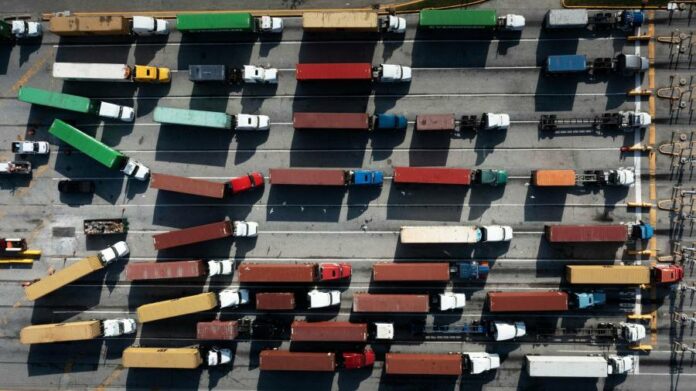A dozen or so years ago at a Davos World Economic Forum, I first heard of “Vuca”. The ugly acronym of US military origin stands for “Volatility, Uncertainty, Complexity and Ambiguity”. Before the 2008 financial crisis, these were not especially familiar words at Davos. Attendees saw globalisation, free-market capitalism, and democracy as self-evidently good things that drove the future, at least in the west. Vuca was primarily a poor-country problem.
No longer. The 2008 crisis undermined the cult of free-market orthodoxies, showing the dangers of excessive deregulation and unleashing a onceunimaginable level of government intervention into finance. Subsequent years of quantitative easing further damaged conventional beliefs by distorting the price of money.
Events such as the Covid-19 pandemic and the 2022 energy crisis caused yet more government intervention. Democracy has been shaken by rising populism in the US and Europe, and intensified autocracy in countries such as China and Russia. In a 2022 survey by the non-profit think-tank the Bertelsmann Foundation, the number of non-democratic countries eclipsed democratic ones for the first time since 2004.
Globalisation is in retreat, too, amid rising protectionism, nationalism and military conflicts such as the Ukraine-Russia war. Members of the Davos elite face a world that seems more uncertain and unstable than seen in their lifetime. Call it, if you like, Vuca squared.
How should they respond? One place to start is pondering a second ugly acronym: Spof, or Single Point Of Failure.
The term was developed by civilian and military engineers to describe risks that arise when a complex machine or system relies on a single cog, node, or conduit. It used to be invoked in relation to small-scale structures (say, if a car can only operate if a circuit works).
But, these days, Spofs are a macro problem, too. That is because, in the early days of the 21st century, there was so much faith in free markets and globalisation that the global economy became tightly interconnected — increasingly dependent on concentrated financial and trade flows, and nodes.
Consider AIG. Before 2008, the multinational insurance and finance company attracted scant attention. However, when crisis erupted, it emerged that numerous financial institutions had used it to hedge credit exposures, creating an extreme concentration of risks. A potential failure of AIG threatened the entire system; it was a Spof.
Or look at pre-Covid trade supply chains. In the early 21st century, many western businesses sourced key components from Asia, often via the same transport hubs. When transpacific shipping gummed up, that created severe challenges. So, too, when Russian invaded Ukraine.
Even cyber space is Spof-prone, never mind that the internet is supposed to be a decentralised platform. Countries, such as Greece, that rely on underwater cables to keep the internet functioning are vulnerable to these links being cut. So, too, a company with outsize dependency on a single server or vendor.
Can this be fixed? Yes, in theory, by building more information redundancy and back-up systems. As 2023 gets under way, many executives are scrambling to do this — by reorganising supply chains, creating back-up cyber platforms, and embracing a “just in case”, not “just in time”, approach that prizes resilience in addition to efficiency.
Cost is one problem with this shift. A highly streamlined system tends to be far cheaper than one with redundancies. Another is cultural: anyone who grew up in the late 20th century, when free-market ideas ruled, tends to assume that business should operate to optimise individual profit making.
The task of tackling Spofs can rarely be dealt by any single company alone; it requires collaboration and oversight of governments. One small example: if global companies want to reduce the danger of cyber attacks, they need to share details of cyber attacks and accept outside controls on how they organise their digital affairs (say, by only using certain approved vendors). This does not mesh easily with the shareholder-first ethos.
Similarly, if Western businesses want to reduce the risks arising when they rely on a country such as China for battery metals — or Taiwan for computer chips — it will require a wider industrial policy. Countries such as the US have been wary of this, until recently.
Hence, Vuca and Spof need to be pondered together. The last decade has not just delivered nasty financial, economic, medical and geopolitical shocks, but also has undermined Davos’ basic assumptions. Whether it can adapt is alarmingly unclear.






